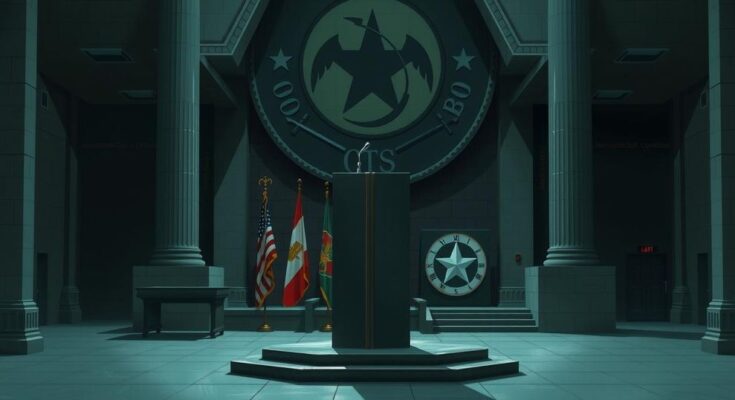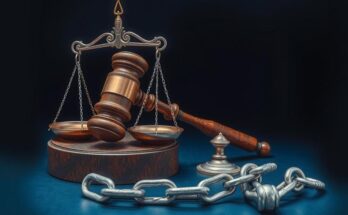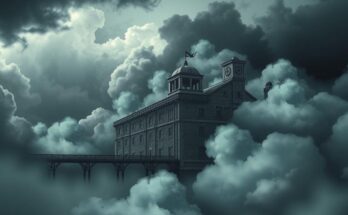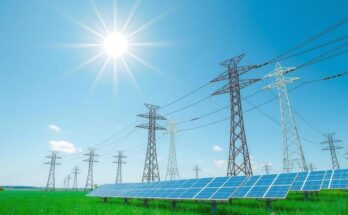Former officials of Joseph Kabila were questioned by military prosecutors amid rising tensions over the M23 rebels’ advances in eastern Congo. The officials asserted their loyalty to the country and denied links with armed groups, while Tshisekedi accuses Kabila of supporting the M23. This development underscores the ongoing political strife in the region, influenced by historical conflicts and resource control.
In Kinshasa, Democratic Republic of Congo, officials associated with former President Joseph Kabila were summoned by a military prosecutor amidst rising political tensions linked to Rwanda-backed rebels advancing in the east. The specific reasons for their summons are unspecified, as noted by Jean Mbuyu, a lawyer for the officials and former security adviser to Kabila. After their appearance, one official revealed they were questioned about comments made by party vice president Aubin Minaku concerning the necessity of readiness for political actions.
Minaku’s statement emphasized the need for proactive measures within the party, indicating a transition from silence to open action regarding their political stance. Despite the questioning, lawyer Marcel Bombamba confirmed that no charges were filed against them. President Felix Tshisekedi has recently accused Kabila of backing the M23 rebels, who have successfully seized territory in eastern Congo.
Kabila has been engaging with opposition politicians and civil society as criticisms of Tshisekedi’s leadership over the M23 crisis mount. The prosecutor’s office had extended about ten invitations to members of Kabila’s People’s Party for Reconstruction and Democracy, with only three officials, including Minaku and former presidential candidate Emmanuel Ramazani Shadary, attending. Minaku emphasized their choice to present themselves as a measure to avoid any suspicions regarding affiliations with the M23 or other armed factions.
Their approach has been described as republican, asserting loyalty to the nation while clearly rejecting any illegitimate foreign military presence. The current M23 offensive represents a significant escalation in a prolonged conflict influenced by historical unrest tied to the genocide in Rwanda and the contest for Congo’s rich mineral resources. Rwanda defends its actions, claiming that its forces act solely in self-defense against threats from the Congolese military and opposing militias.
The questioning of Kabila’s allies reflects deepening political rifts in the Democratic Republic of Congo, particularly in connection with the advancing M23 rebels. While no charges have been brought, the former president’s networks are under scrutiny amidst accusations of foreign backing. Kabila’s outreach to political opponents highlights the ongoing struggle for all parties involved as they navigate the complexities of the current military escalation and its roots in historical strife.
Original Source: www.zimlive.com




